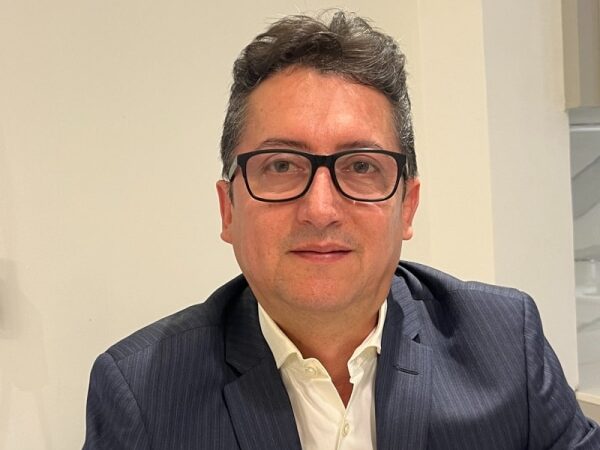Staying Ahead in a Dynamic Field with the Duke CISO Certificate
By Emilia Chiscop-Head
Q&A with Fabio Pena, Cybersecurity and IT Risk Director at Copa Airlines, Panama City, and learner in the Duke CISO Executive Certificate

“I came to Duke to update my knowledge in cybersecurity.”
What cybersecurity issues do you manage in your current role?
As an executive leader in cybersecurity, my primary goal is to define a robust security strategy that effectively addresses the continuous evolution of threats, vulnerabilities, and attacks. This strategy must balance risk management, business development, information protection, and technological asset security.
How have you decided to become a Cyber professional, and why?
From the early stages of my career, I have been driven by a strong focus on risk management and security. Over the years, I have held various roles in technology, including infrastructure management, telecommunications and networks, information security, and solution implementation. These experiences have naturally led me to specialize in cybersecurity as a progression of my professional profile.
Is cybersecurity the only area of responsibility in your professional role? If not, what other areas are you responsible for?
Currently, I oversee not only cybersecurity but also data protection, risk management, and technological compliance.
What are some of the most important lessons you learned during the Duke CISO program?
One key lesson I have learned is the importance of balancing specialized technical expertise with legal and regulatory knowledge, which is crucial for today’s Chief Information Security Officer (CISO).
What is one important goal you hoped to achieve by completing this certificate program?
I came to Duke to level up and update my knowledge, stay ahead in this dynamic field, stay abreast of new trends, delve into specific areas, and enhance my strategic thinking through interactions with high-profile professors and professionals across various sectors.
Can you name 1-2 significant challenges in cybersecurity today and how an executive program like this can help overcome them?
The evolving and sophisticated nature of threats and the introduction of new regulations necessitate a holistic and strategic approach to cybersecurity. Programs that foster such development are essential catalysts for professional growth in this domain.
